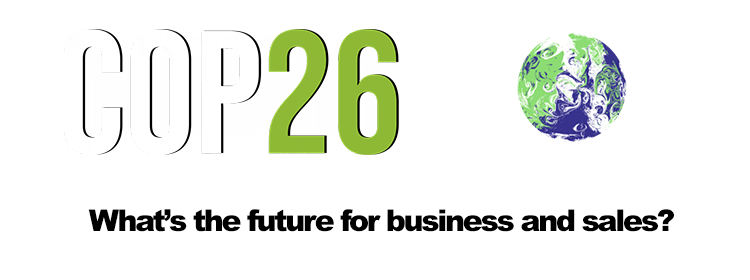
Australia is like Goldilocks – we are not too small or too large – we are just the right size population-wise to make real and effective change and become the economic and environmentally sustainable model of the world in how to live and work as a peaceful and prosperous society.
There’s climate leadership coming from Australian states and territories, key businesses and industry sectors, .....


New Article Email Notification